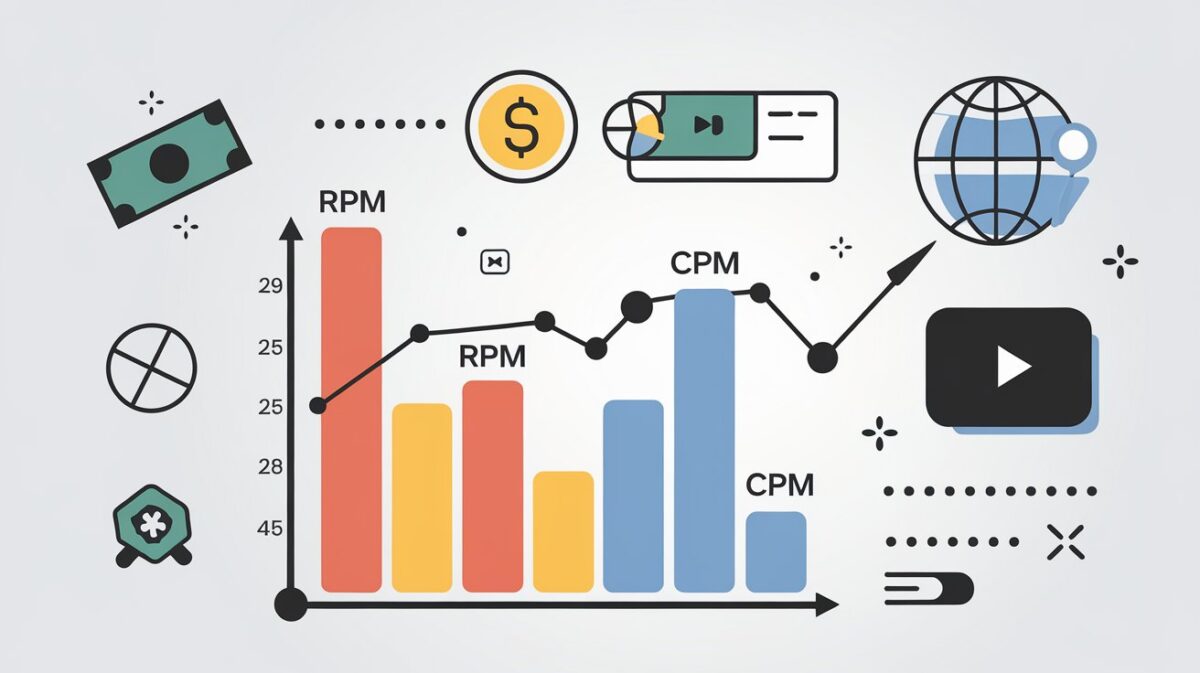Red Flags of a Forex Trading Scam You Must Know

Forex trading is considered as one of the most dynamic and rewarding areas in the vast ocean of financial markets. However, it also consists of many potential risks due to frauds and scams that impersonate the trading landscape haunting inexperienced traders.
It is important for investors who want to venture into this field or those considering investment options in it hence the need for information about what it entails to know who they are dealing with after all legitimate businesses differ greatly from fake ones as far as this given area is concerned.
In this article, we’ll go through the red flags of forex trading scams giving you the knowledge required to navigate this environment safely.
Understanding Forex Trading Scam
Forex Trading Scams come in various shapes and sizes which are used to defraud traders by creating a desire in them for a high return of profit with minimal risk in the foreign exchange market.
These scams started to become frequent in early 2008 as per the records of CFTC (Commodity Future Trading Commission). While high profits are possible what not possible is to promise users quick and simple money at low risk.
Red Flags of Forex a Trading Scam
There are many indicators of forex trading scams, in which con artists act as traders and offer large profits with minimal risk. So, here are some red flags to watch out for :
Unrealistic promises of profit
The market is highly volatile with prices influenced by multiple factors such as geopolitical factors, economic indicators, and market sentiments. Any schemes that give investors surety to eradicate the risk or protect the investors from volatility in the market ignore these fundamental pieces of information, ought to be treated as suspicious elements.
Beware of schemes that promise guaranteed profits or extravagant returns with minimal risk as the environment of the forex market is unstable so giving a word of guarantee seems like a false claim from anybody.
Lack of regulation
The regulatory agency plays a vital role in protecting the interests of investors by implementing rules and regulations that promote fair and transparent trading practices.
Legitimate forex brokers are regulated by reputable authorities such as the Financial Conduct Authority (FCA) in the UK or the Commodity Future Trading Commission (CFTC) in the United States. These institutions ensure that brokers adhere to specific capital requirements, separate client funds, and risk management funds should be in place to reduce the possibility of fraud and misconduct.
Clients of regulated brokers must get accurate and transparent information from them, including disclosures regarding the terms of the agreement and the risks involved in forex trading. In addition, they are responsible for their activities and may be subject to sanctions or disciplinary procedures if they violate any regulations.
If the broker is found to violate such regulations and not registered with any authority body. This is a major red flag for an investor to not go further with that broker and conduct any kind of business because staying in touch with them will eventually lead you to the path of loss.
Pressure to invest quickly
Scammers persistently create pressure on investors through different tactics and strategies to influence them to make an impulsive decision to invest money.
This sense of immediacy is a standard technique to take advantage of investors and keep them from doing the necessary due diligence. It is essential to identify and resist these pressure strategies if investors want to protect their financial stability.
They may claim opportunities are running out of time and push you to deposit funds by emphasizing the limited-time offer deals. This emotional manipulation clouds your judgment and enforces you to make some irrational decision without thinking of the consequences.
Remember no legitimate investment opportunities have a restriction on investment and allow you time to conduct thorough research and make informed decisions.
Complex fee structure
Be careful about complicated pay structures or unexplained expenses, scammers often conceal their real motives and charge high in order to disguise their actions.
They’ll keep asking for money for different – different aspects such as obscuring fees in trading costs, hidden chargers in the withdrawal process, inflated margin requirements, subscription fees for exclusive services, complex trading requirement with opaque fees, excessive markup on currency prices, and many more.
To protect yourself from being victimized, you must closely examine the fee structure and choose a trustworthy broker with clear pricing policies
Lack of transparency
Legitimate forex brokers never hide their information about their operation including their trading strategies, fees, or even historical performance data.
Transparency is crucial in the forex market to make sure that investors are fully aware of the risks and rewards involved with their investment. Investors may not receive information from scammers who use secretive methods or proprietary algorithms which keeps them from being able to make wise trading judgments.
Whereas secrecy builds mistrust and undermines investor confidence, transparency promotes accountability and trust.
Poor customer support
Legitimate brokers often provide strong customer support services to provide assistance to their investors with their inquiries and withdrawal requests. Whereas scam brokers may be unresponsive or take time to respond to the queries of investors or whenever they encounter issues like forex withdrawal problems.
Lack of adequate customer support is a clear red flag of potential fraud.
Asking for confidential information
One important tip to avoid falling victim to a forex scam is to never give out your private keys or personal information. Unless they need to complete a specific transaction, legitimate companies rarely ask their clients for sensitive information like passwords or private keys.
You bear the risk of identity theft and illegal access to your account when you share such information.
Phishing emails and phony websites masquerading as trustworthy ones are two strategies scammers may employ to trick investors into unintentionally disclosing personal information. It becomes crucial to confirm the legitimacy of the source before disclosing any personal information.
To sum it up
Forex trading has immense potential but you can’t escape scams. Before entering the forex market one should be aware of the threats that exist in the market. By seeking guidance from reputable sources and confirming the authenticity of trading platforms and being cautious when provided with attractive offers, traders can reduce the possibility of falling victim to forex scams.










